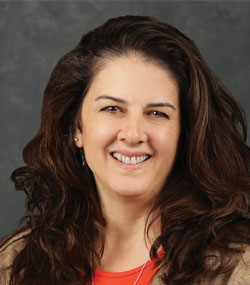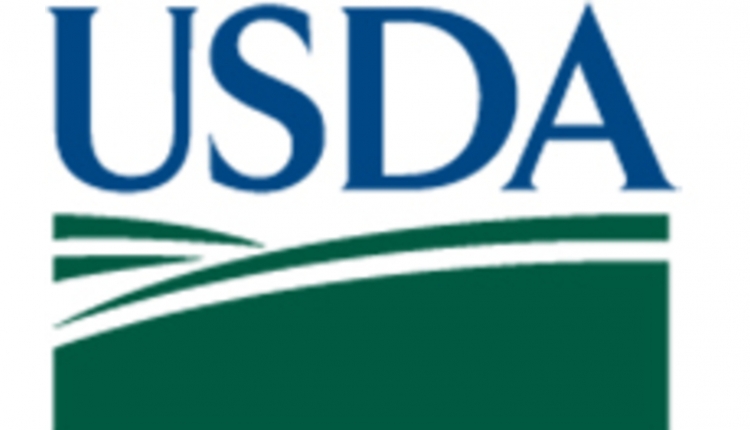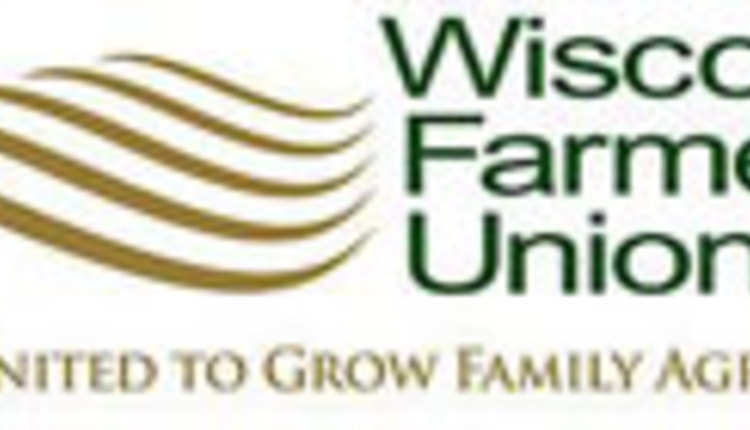
Our pastor often tells us that we are “loved and appreciated” before he dismisses us.
I know our pastor intends that line to be used on his church people, but when I walk through the barn and look at the beautiful creatures staring back at me, I can’t help but think of using that line on my cows. After all, I appreciate, admire, and love my animals.
Granted, loving an animal is on a totally different level than loving a person. However, I am talking about the animals we tend to every day; the gentle giants that keep us heading to the milking parlor through good times and bad.
I do not care if a farmer has one cow or 10,000 cows; cows are loved, appreciated, and admired. Dairy farmers far and wide have a deep respect for the animals in their barn.
It seems that most every decision we make on the farm revolves around the cows’ well-being. They are the queens of the farm.
Cows easily earn that title with their amazing ability to take the feed in front of them and convert it to a delicious, nutritious, and important food for us to consume.
Feed quality is critical so that they can produce milk in the most efficient manner. To make sure of that, digestibility and intake are overseen by our nutritionist.
Our cows’ comfort is looked at from every angle; a hoof trimmer is at our farm every week to trim hooves and work on feet. A vet is always on call for a cow that needs extra attention. Our computer programs look at performance and production, and fans and sprinklers keep cows cool in the summer. These are just a few of the practices that show our love and appreciation for our cows.
None of these are new or exceptional; they are all common practices that dairy farmers employ. And I know there are many dairy farms that implement even more exceptional care than we do on our farm with brushes, health monitors, and other technologies.
The bottom line is that cows are our livelihood and their well-being is a critical step to our farms’ prosperity. If you ask me, that is a strong definition of love and appreciation.
Thankfully, the love goes both directions. Our cows are cared for and, as a result, they give back to us.
The most obvious is the product we focus on — milk.
Our cows give us one of the most nutritious foods available. Milk nourishes our bodies like no other product on the shelf. I know I have a strong bias in that comment, and I also know I am speaking to the choir, but we really do need to recognize and acknowledge that we have a food that is brimming with nutrition.
Not only is it nutritious on a lot of layers, but it is also delicious and made into a wide variety of products. I love every one of them. I could go on and on about what I love about milk and all things dairy. Dairy products are a staple in our refrigerator.
When I speak to consumer groups, I will often ask them about their favorite dairy product. Ice cream is by far the most loved, and chocolate milk is not far behind.
Whole milk, yogurt, any flavor of drinking milk, and all forms of cheese are some of my favorites. The way the Hershey family devoured my sister-in-law’s cheese tray at our Christmas dinner, I know I am not alone in that feeling.
Giving us milk is not the only way our cows show us appreciation. They also produce a huge pile of manure. There were many days that I would have called manure a nuisance but in reality, it is a much-needed nutrient for our soil and a necessary product for our methane digester. The value of this animal by-product far outweighs the nuisances.
Many years ago, a neighbor moved in from center city Philadelphia where he worked as a police officer. During his time as a cop, he saw and smelled a lot in the big city. On days we spread manure, he would often comment to Duane that he “loves the country smell.” He said he preferred the country air over the city air any day of the week. Not all of our neighbors share that same sentiment, but he certainly appreciates our cows.
Obviously, there are many different levels of love and admiration. The love that our pastor speaks over us is on a totally different scale than the love that we show our animals. However, the emotion is there, and as farm owners, we have a responsibility to reign that into a manageable level.
And then there’s the notion that love is none of what I just described. The other day I was walking through the parlor and a song blared over the radio, “Love hurts. Wooooooaaaaahhh, love hurts.”
At first I thought I should change the radio station so the cows don’t get confused about love, but I just laughed instead. It is true that love hurts at times; however, the final thought I want our cows to have is that they are loved and appreciated. After all, we show them that every day.
The author and her husband, Duane, own and operate a 550-cow dairy in Cochranville, Pa.










